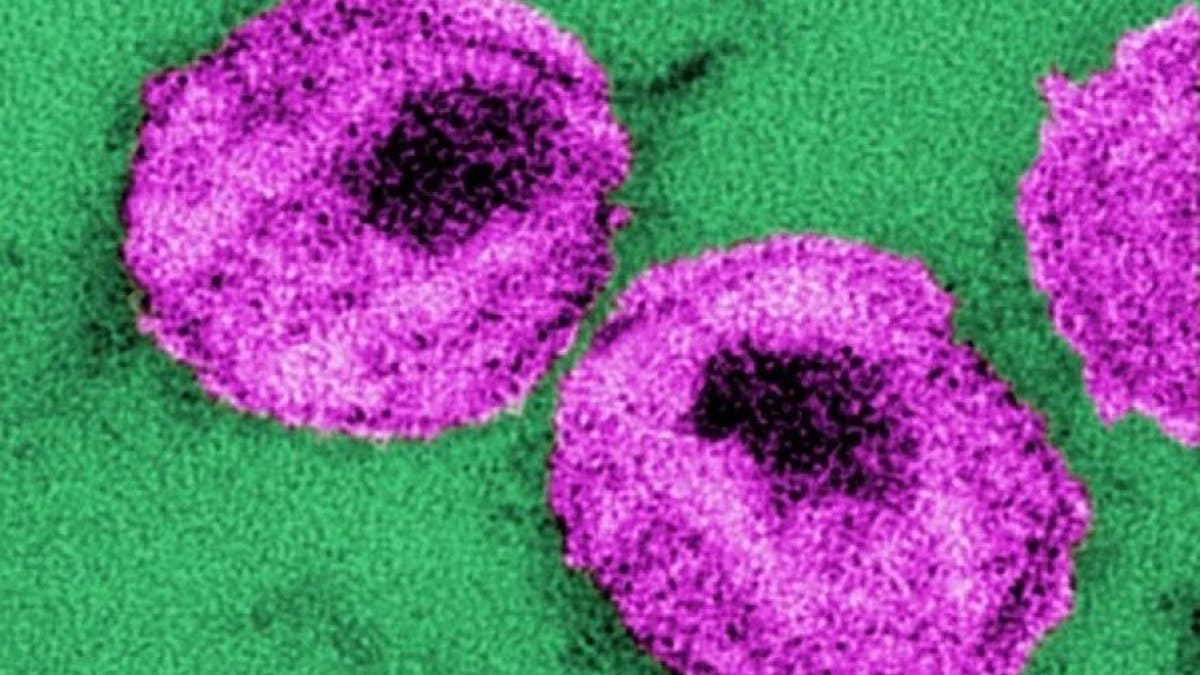
HIV-infected cancer patients are much less likely to receive treatment for tumors than people who don't have the virus, a large U.S. study suggests.
Researchers reviewed national cancer registry data on more than 2.2 million adults, including about 10,000 who also had HIV, to see how often people received radiation, surgery or medications to attack tumors.
The HIV-infected patients were more than twice as likely as people without the virus to have received none of these treatments for tumors of the lung, breast, prostate, cervix, and upper gastrointestinal tract, the study found.
With HIV, patients were also about half as likely to get treatments for malignancies of the head and neck and certain lymphomas, or tumors of the lymph nodes.
"Cancer is quickly becoming the leading cause of death in HIV-infected patients, so we urgently need to understand why these patients are less likely to be treated," lead study author Dr. Gita Suneja of the University of Utah School of Medicine in Salt Lake City said by email.
Cancer is already the second most common cause of death for HIV-infected patients behind complications from AIDS, researchers note in the journal Cancer.
To assess how HIV status influences oncology care, Suneja and colleagues analyzed cancer registry data from 2003 to 2011 for adults under 65 years old.
After they accounted for insurance status and other medical conditions - two main factors that influence cancer care - they found anal tumors were the only type for which the odds of treatment were similar regardless of HIV status.
People in the study who had HIV tended to be younger - half of them were at least 47 years old compared with 55 years old for the people without HIV.
In addition, the people with HIV were more likely to be male, black or Hispanic, and to have no medical insurance or benefits through Medicaid, the U.S. health program for the poor. The majority of people without HIV had private health insurance.
One limitation of the study is that researchers lacked data on HIV severity, which may influence eligibility for cancer treatment, the authors note. They also didn't know the severity of other medical conditions people had, which could also help determine the course of cancer care.
It's also possible that other factors such as substance abuse or mental health issues might play a role in who received cancer care, noted Dr. Stefan Barta, a researcher at Fox Chase Cancer Center in Philadelphia who wasn't involved in the study.
At the same time, many cancer drug trials have excluded HIV-infected people, which may make doctors reluctant to use these medications even when they might be effective, Barta added by email.
"Outcomes for persons living with HIV and cancer treated appropriately can be similar to outcomes in non-HIV infected patients," Barta said.
"Appropriate cancer screening of persons living with HIV, health education and lifestyle modifications such as smoking cessation should move to the forefront," Barta added.
While doctors treating HIV-infected patients with cancer still need to address potential drug interactions and side effects from combining medications for both conditions, this is easier than it once was because newer drugs are more effective and less toxic, said Dr. Ronald Mitsuyasu, an HIV and cancer researcher at the David Geffen School of Medicine at the University of California, Los Angeles.
"Drugs for HIV have now been developed that have little interaction with many chemotherapy agents and patients can be switched easily from one class of antiretroviral treatment to another without too much difficulty to avoid drug interactions," Mitsuyasu, who wasn't involved in the study, said by email.
"Those of us oncologists who are knowledgeable about both HIV and cancer can easily manage most HIV cancer patients, and we recommend that HIV patients with cancer be treated as aggressively and with the same treatment as we would use in our non-HIV patients," Mitsuyasu added.